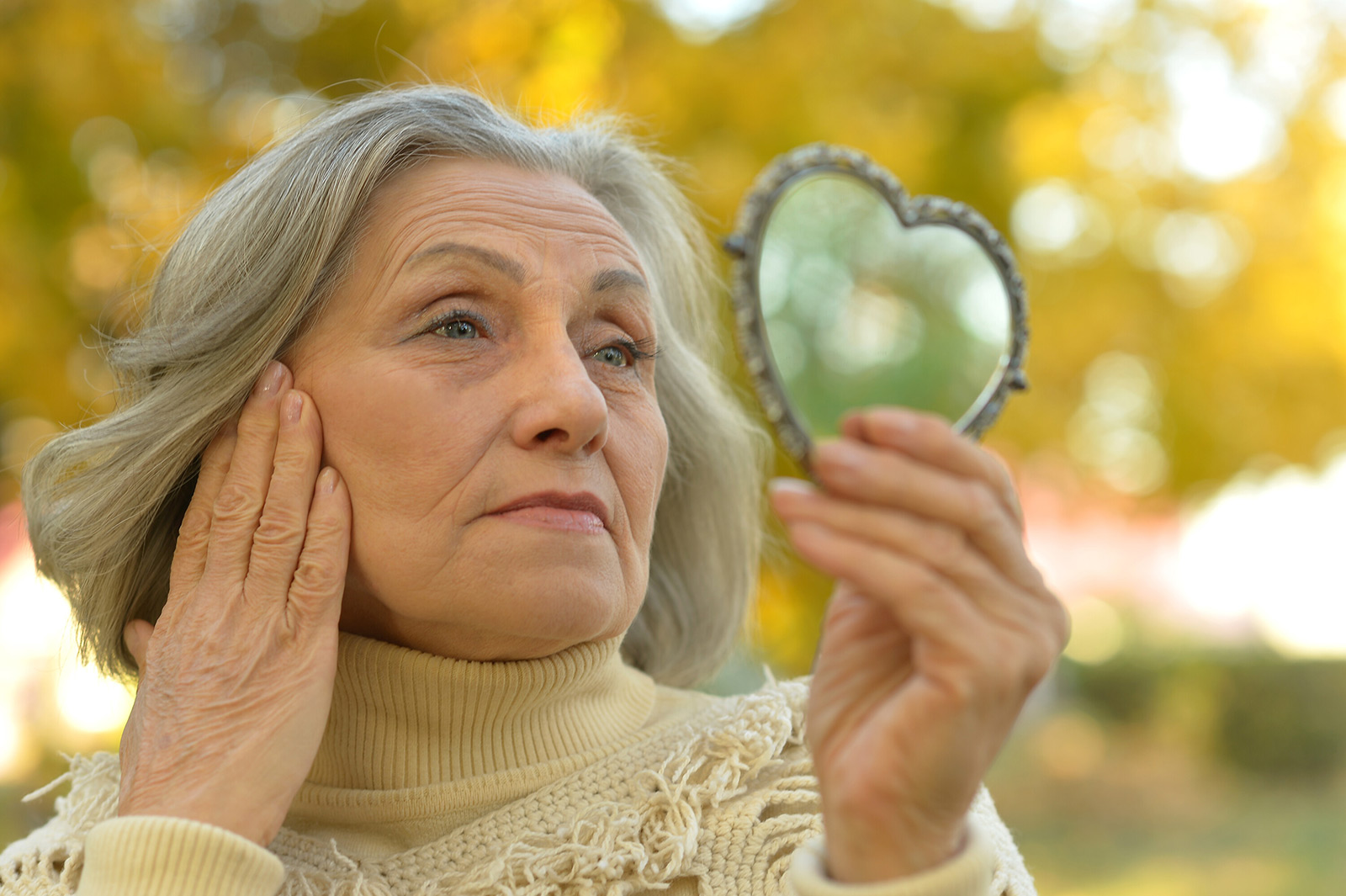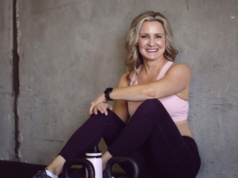As I am close to turning 64 myself, I realize more and more the effects of my aging. In addition, working with seniors as I do, needless to say, my friends who my age, I often have the conversations about our aging, and how their aches, pains and health challenges effect their lives.
My response is often: “I know! It’s the pits getting old!”
But what is aging really? How can we understand further what happens to our bodies as we age? It’s not all bad!
The facts:
- As people get older, physiological changes occur in their body as a natural part of aging. It’s true- we get wiser!
- Physical changes due to aging can occur in almost every organ in the body and can affect seniors’ health and lifestyle. We can discover foods we now like that we didn’t before.
- Some diseases and conditions become more prominent as we age. We become more susceptible to virus’ and the symptoms can be more severe.
- Psychosocial issues can also play a role in physical and mental health of older adults. They can experience depression and tend to isolate. Parking oneself in front of a tv all day is not a recipe for a healthy well-being!
- A balanced diet and regular exercise are strongly linked to better health outcomes in seniors. Now is the time to do the things you always wanted to do! Travel out on daytrips! Join a sailing club! Take that hike that you have been wanting to take!
- A series of routine screening tests and preventive measures are recommended for the elderly. Also- it’s important to get vaccines each year!
- Important preventive measures at home to prevent falling and home accidents can improve the safety and health of seniors. It’s never too early to put up grab bars in the shower and bathroom.
- A senior should have a primary doctor who specializes in Geriatrics. This specialty in medicine is dedicated to the care of the elderly. A Geriatrician will be up to date on the changes that occur in the body, and most in tune to prevention.
What changes occur in the body as we age?
A wide range of changes can happen. These changes are not necessarily indicative of an underlying disease. As women become post-menopausal, they can often have lower belly fat. This is usually an indicator of hormones, and cortisol, which can be an indicator of stress. Yet, also, as these changes occur post-menopausal, there is no secret that women become more settled into themselves. We tend to have more clarity about life and contentment!
Even though the aging process cannot be stopped, being aware of the body changes and adopting a healthy lifestyle can reduce their impact on our overall health.
Expected bodily changes of aging include change in:
- Skin: With aging, skin becomes less flexible, “crepey”, thinner, and more fragile. Bruises will show without even knowing why, and aging produces more wrinkles, age spots and skin tags. Skin can also become dry and itchy as a result of less natural skin oil production. Make sure to use a mild soap when washing and keep skin moisturized.
- Bones, joints, and muscles: Bones typically lose density and shrink in size making them more susceptible to fractures. In addition, Arthritis can develop within joints of fingers, knees and shoulders. Muscles shrink in mass and become weaker. Joints can suffer from normal wear and tear; joints become inflamed, painful, and less flexible.
- Mobility and balance: A person’s mobility and balance can be affected by various age-related changes. If you are favoring a specific limb as you are walking, you are automatically putting your body off-balance. Any bone, joint, and muscle problems listed above in conjunction with changes in nervous system are the major contributors to balance problems. Falls may occur resulting in further damage with bruises and fractures.
- Body shape: As a result of bony changes of aging, body stature can become shorter and curvature of the back vertebrae may be altered. Increased muscle loss and reduced fat metabolism can also occur. Fat can redistribute to the abdominal area and buttock areas. Maintaining an ideal body weight becomes more difficult.
- Face: Aging changes also take place in the face. Other than wrinkles and age spots, the overall facial contour can change. Overall loss of volume from facial bone and fat can result in less tightness of the facial skin and sagging. The face becomes droopier and bottom heavy.
- Teeth and gums: Teeth can become more weak, brittle, and dry. Salivary glands produce less saliva. Gums can also recede (pull back) from the teeth. These changes may result in dry mouth, darker teeth, tooth decay, infections, bad breath, tooth loss, and gum disease.
- Hair and nails: Hair can become thinner and weaker as a person ages. Dry hair may lead to dandruff, itching and discomfort. Nails may become brittle and unshapely. Nails can also get dry and form vertical ridges. Toenail thickening (ram’s horn shape) is common and ingrown toenails can result. Nail fungal infections may occur frequently.
- Hormones and endocrine glands: Hormonal changes are seen commonly in the elderly. Most common is the hormonal control of blood sugar and carbohydrate metabolism leading to diabetes. Thyroid dysfunction and problems with fat and cholesterol metabolism are also commonly encountered. Calcium and vitamin D metabolism may also become altered. Sexual hormones reach a low level and can lead to erectile function and vaginal dryness.
- Memory: Problems with memory are common in seniors. However, it is important to realize that minor memory problems do not constitute dementia or Alzheimer’s disease. Simple lapses of memory such as not remembering where you left a key or whether you locked the door are a normal part of aging.
- Immunity: The body’s immune system can get weaker with age. Blood cells that fight infections (white blood cells) become less effective leading to more frequent infections.
- Hearing: changes in nerves of hearing and ear structures can dim hearing and cause age-related hearing loss. Higher frequencies become harder to hear.
- Vision: Eyes can become drier and the lens of the eye can lose its accuracy as we age. Vision can be affected by these changes and can become blurry and out of focus.
- Taste and smell: Sense of smell and, less commonly, sense of taste may fade leading to poor appetite and weight loss.
- Bowel and bladder: Bowel and bladder control can cause problems with incontinence (involuntary loss of feces or urine). Additionally, bowel and bladder habit can change. Constipation is common in older adults, as are urinary frequency and difficulty initiating urine.
- Sleep patterns can significantly change with age. Duration of sleep, quality of sleep, and frequent nighttime awakening are commonly seen in seniors.
These changes are different in every individual. Some people may experience more changes in a particular area compared to others. The main thing is to embrace them with our authenticity! Remember, we all are going through it, and really, because we can’t stop the process, have a sense of humor about it all!











